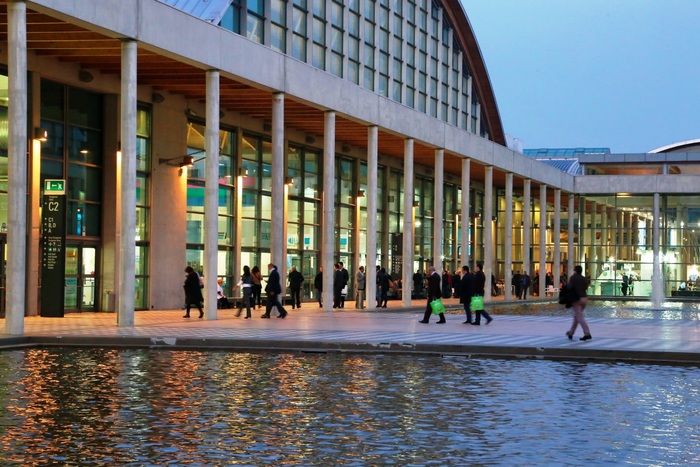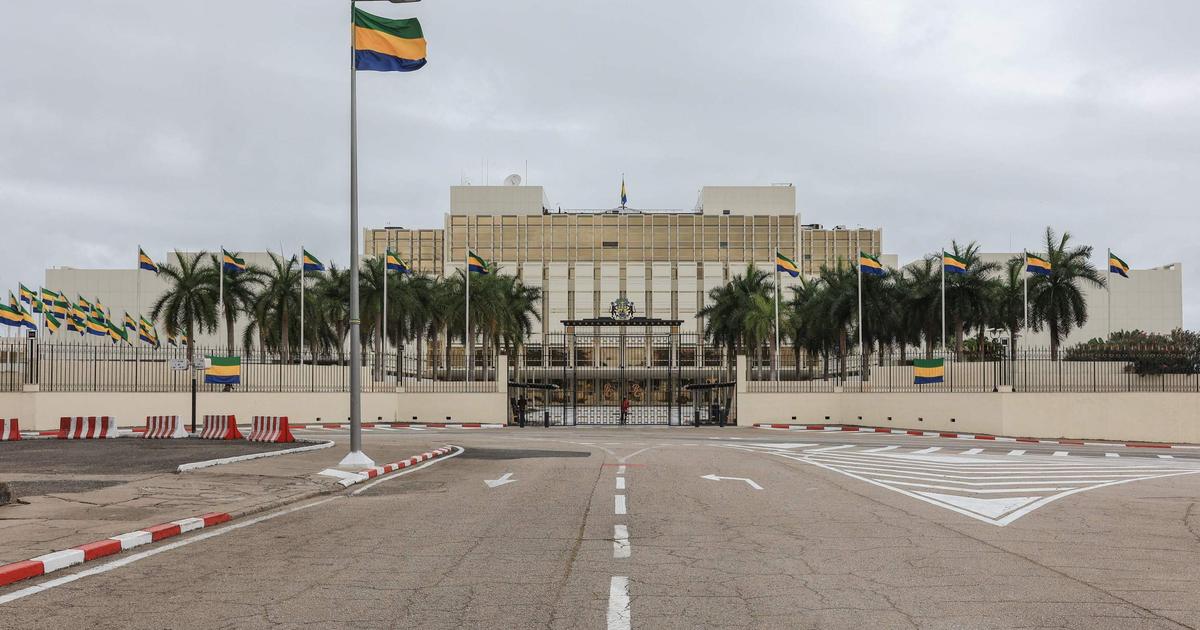In recent years, and especially since the urban has acquired a notorious role in the fight against poverty and the defense of sustainability with challenge 11 of the SDGs, African cities and urban societies on the continent have gradually acquired little more relevance for international organizations of different kinds.
However, the approach that is made from the countries and institutions of the North continues to be problematic insofar as their analyzes are based on epistemologies far removed from local realities. This means that strategies and actions are often implemented without taking into account unavoidable local actors and dynamics, generating unnecessary conflicts and preventing policies from responding to needs. For this reason, researchers and political actors are increasingly aware of the need to take into account elements ignored to date.
This is the case of the role of traditional leaders and authorities who, despite having been marginalized by most modern governments and foreign actors, have great weight in all regions of the continent, not excluding its cities. Although this kind of authority has been unfairly related to life in the villages, the cities are a reflection of its validity and modernity. With greater or lesser tension, customary powers have coexisted alongside official modern administrations since the 19th century.
Contrary to what one might think, its weight goes far beyond the custody of customs and morals, or shamanism, so despised by modern science. Outside of the
Eurocentric
, romantic and dualist prejudice –which conceives traditional power and modern formal power as two separate and opposed universes–, the ancestral has woven an intimate relationship with the States and local governments since colonization. As they mostly enjoy broad respect and social legitimacy, traditional leaders stand as crucial actors in urban governance for both local administrations and companies.
A classic example of how these bosses exert their influence on urban politics is their ability to mobilize votes for one party or another from the most popular neighborhoods during municipal election periods. In the same way, they can act as mediators between society and official authorities in matters such as the arrival of pipeline systems or electricity in impoverished neighborhoods. They also play a critical role in access to land and are central to the planning of trade zones, from informal shopkeepers to large supermarket chains. Just as they are essential in the design of both public and private transport routes.
Ntombini Marrengane, Lindsay Sawyer and Daniel Tevera, from the African Center for Cities at the University of Cape Town, explain it very well in a recent article, when they argue how both forms of power are a kind of hybridization: “They have not been coexisting parallel, but have been deeply intertwined and mutually constituted throughout the urban histories of these contexts.
While the dominant discourses have serious problems understanding the dynamics and complementarity between the formal and informal spheres in African economies, the coexistence and interdependence of traditional and official powers has also been problematic to date. As the authors explain, the former are often seen as “manipulators”, accused of operating “for the benefit of their networks”. However, in practice, these dynamics have been inserted in the different models of governance drawn throughout the recent history of the continent,in such a way that “colonial and post-colonial urban governments have consistently relied on the legitimacy of traditional authorities both to fill the gaps left by their inadequate governance regimes and to confer legitimacy on their own governments”.
In the XXI century, and after serious mistakes when addressing and designing urban plans that respond to local needs, perhaps it is time for urban and local planners to recognize and include these actors more preponderantly.
It seems obvious that horizontality and mutual recognition will be essential if we truly aspire to fairer and more equitable cities.









